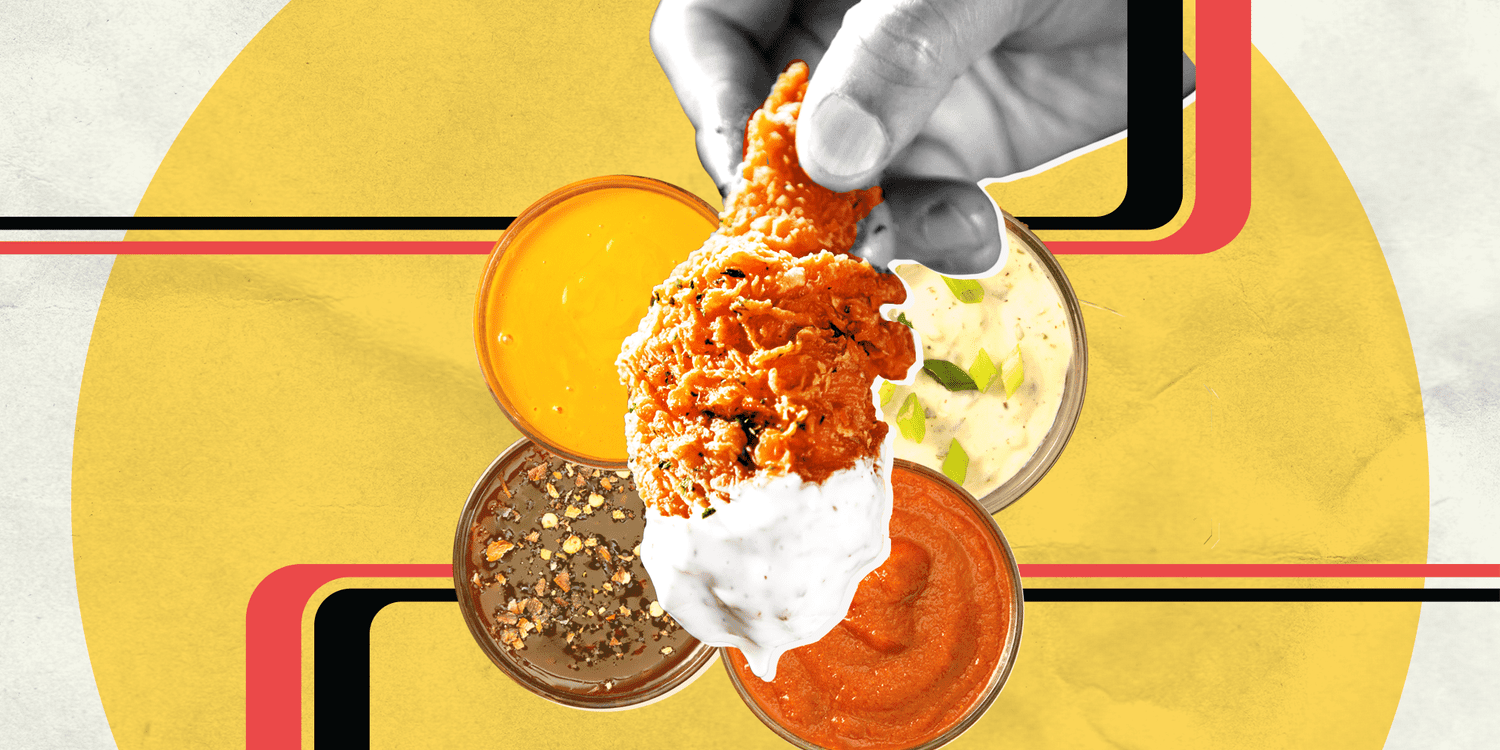If you’re newly vegan or trying to cut back on buying animal-derived items, you might’ve heard a rumor that not all sugar is created equal. Some sugar is refined with animal products, thus rendering it vegan unfriendly! Is this true or is it sweet nothing?
Surprisingly, It’s True! But It Also Depends
Sugar is derived from two main sources in the United States: sugarcane or sugar beets. As it turns out, one step in the process of sugarcane refinement does involve carbon particles or bone char, the electrically-charred bones of livestock animals. Sugarcane is passed through to remove any impurities and to whiten the appearance. The product is then crystallized, spun, dried, and packaged — ready for your supermarket shelves.
Sugar beet refinement however does not require filtration through animal bones. The white appearance is inherent.
How Is This Kosher? (Literally)
Because the resulting product doesn’t chemically contain any of the bone char used, white sugar is kosher and perfectly safe for consumption.
Should I Buy Sugar Marked as Vegan?
If this aspect of processing really matters to you or someone you’re cooking for, definitely go ahead and buy specifically marked vegan sugar. Make sure to purchase sugar derived only from beets. But if vegan sugar is more expensive than you like, check out organic sugar. Bone char isn’t listed on the United States Department of Agriculture’s National List of Allowed Substances, therefore indicating certified USDA organic sugar isn’t filtered through bone char.
Note: Check the packaging for certain wording. Labels may read “pure cane sugar” which means the product comes only from sugarcane. Otherwise, you might be buying a blend of beet and cane sugar.
The Takeaway
Yes! Sugar that is derived from sugarcane is processed with animal bones, however, the resulting product is chemically free of char. Sugar derived from beets does not require filtration through animal bones and is considered vegan.




